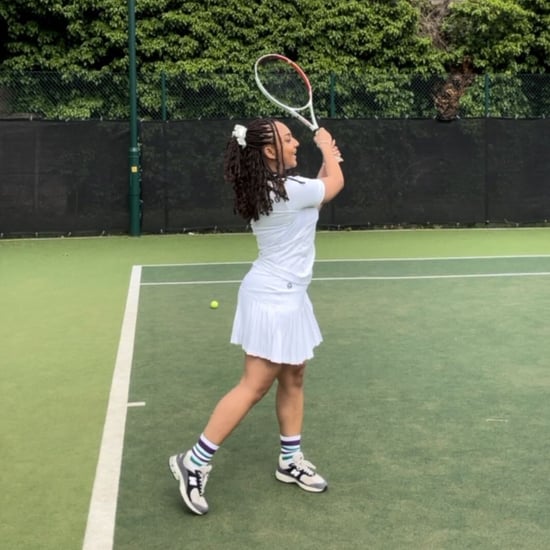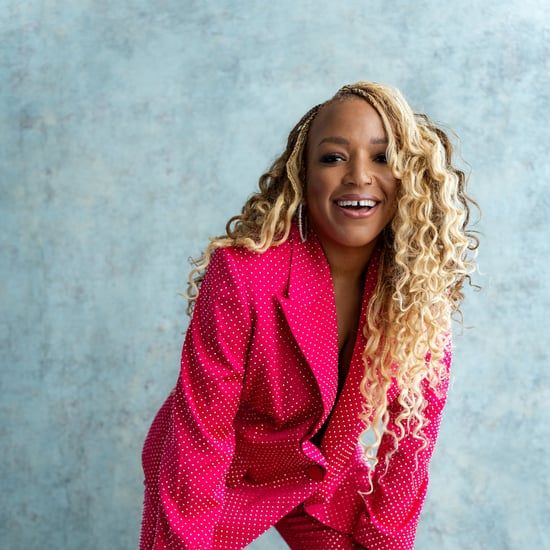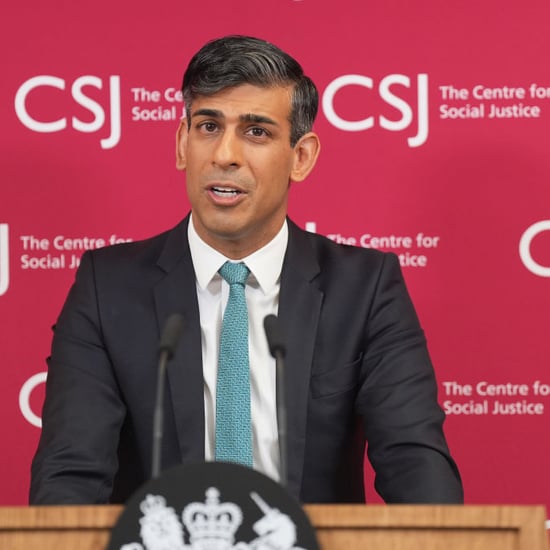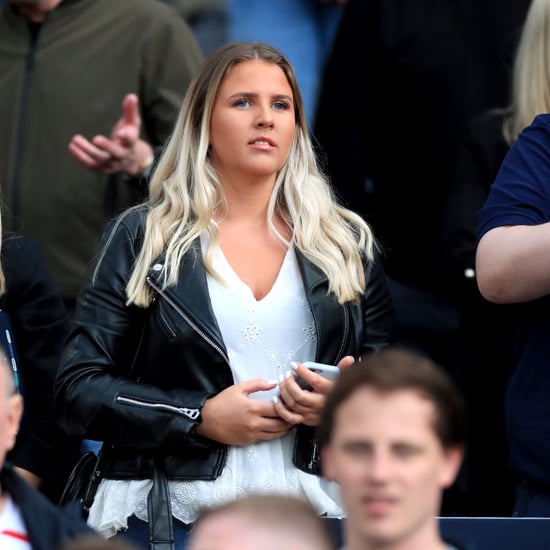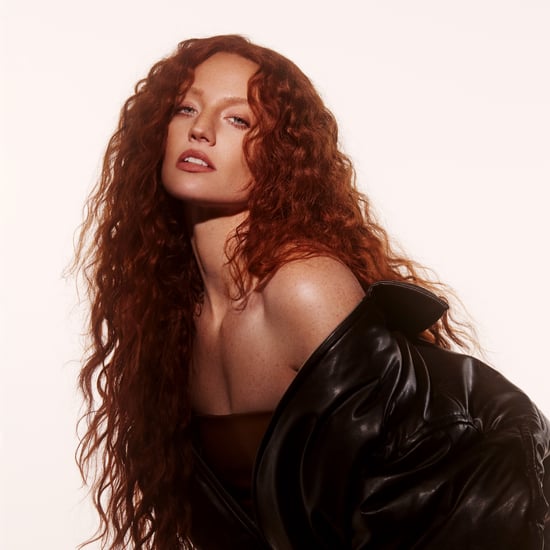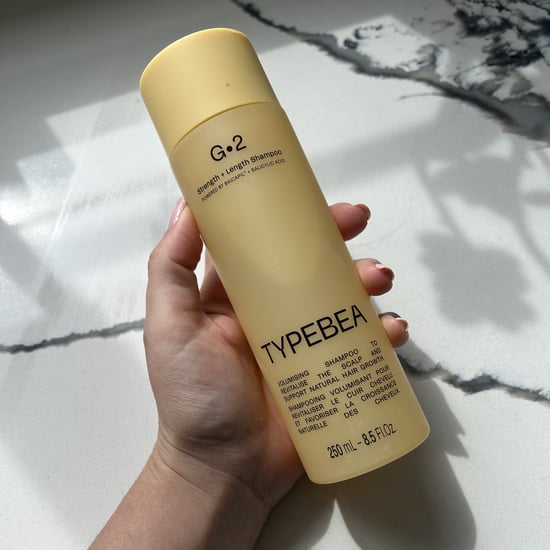Sophie Butler Discusses Body Image and Disability Awareness
Influencer Sophie Butler Shares the Impact Paralysis had on How she Views her Body
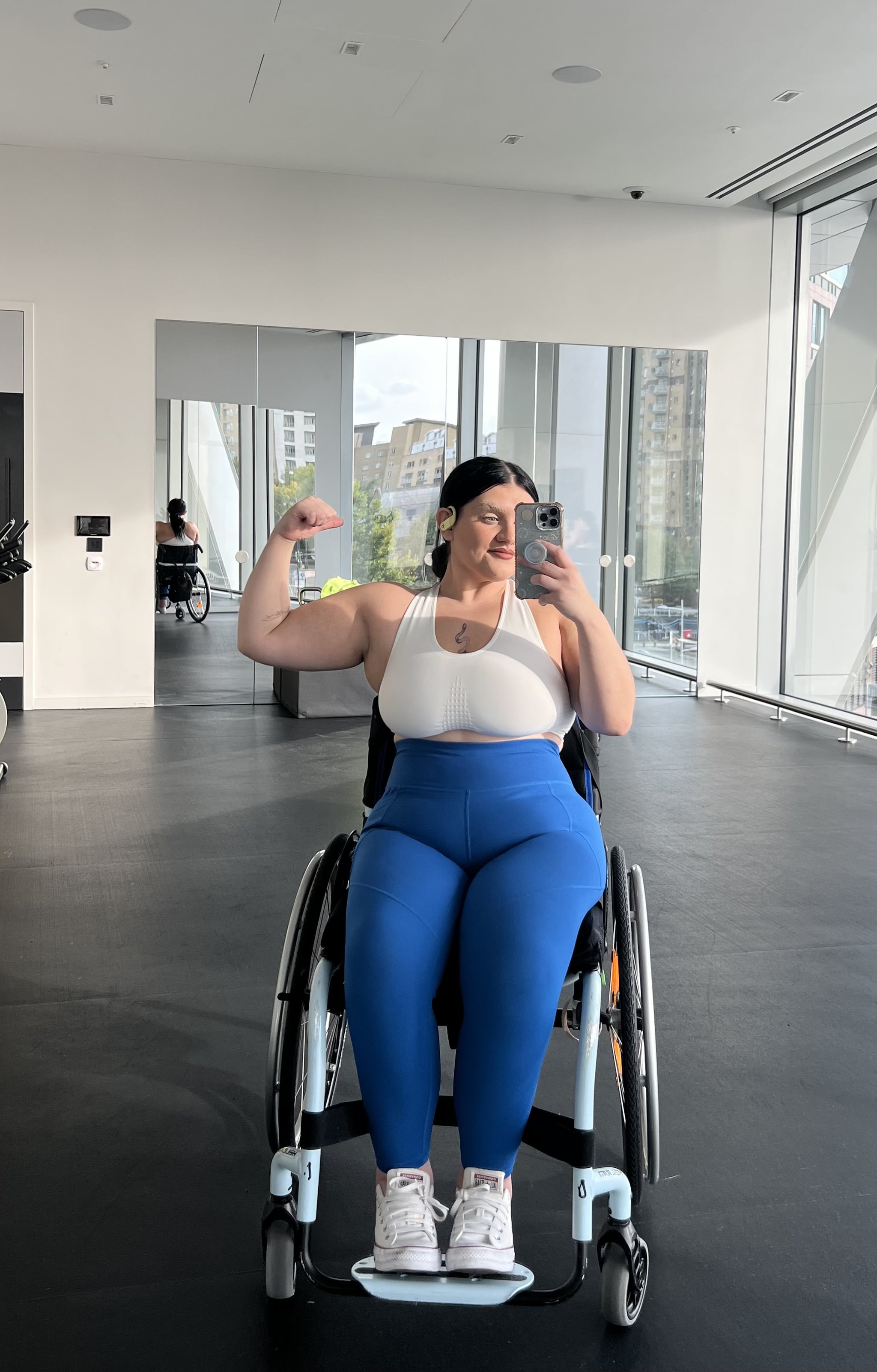
It's Sophie Butler's world, and we're just living in it. The fitness influencer has cemented herself as an activist, tearing barriers down when it comes to disability representation, and is unapologetically living her best life in London since she moved to the city a year ago. The self-professed "Disabled & Queer Queen" was named Cosmopolitan's influencer of the year in 2021, has amassed over 120k Instagram followers where she raises awareness for the disabled community all while showcasing an incredible array of show-stopping 'fits and beauty tutorials, and most recently featured on the Power Hour x Starbucks podcast with Adrienne Herbert.
As one of the first Gymshark ambassadors with a disability, the 26-year-old has always been candid about how her relationship with fitness has changed over the years, and her new gym routine is a direct reflection of her body-neutral outlook. She now views her body functionally, as opposed to aesthetically. "I would say the biggest shift that I had really is being able to look at my body more as an instrument or a vessel that carries me through life," she tells POPSUGAR. "So now, I look at it functionally . . . Maybe before my injury I would be really self-critical and really look at it more as an object rather than a vessel."
"In order for people to think you can have a fulfilling, joyful life as a disabled person, we need to see it."
Those who have been following Butler for some time will recall how an accident in 2017 at the gym left her paralysed from the waist down. Butler, who was just 21 at the time, was doing squats on the Smith machine when she fell, and a 70kg weight impacted her back. After she recovered from surgery, she was grappling with a depression and PTSD diagnosis, yet the content creator chose to return to the gym in a bid to restart her fitness journey, both mentally and physically.
This meant that Butler had to re-learn how to use workout equipment as a full-time wheelchair user. "I'm like, 'Your body has been through so much and it's had to adapt and work in a way which, evolutionary, is not meant to. But look how strong you are. Look at all these things you can still do'," she says.
While the bulk of the fitness guru's workouts have stayed the same since recovering from her accident, with Butler incorporating weighted workouts for her arms, back, chest, shoulders, physiotherapy, and her newly-acquired wheelchair treadmill for cardio fitness, it's the intentions behind her workouts which have shifted.
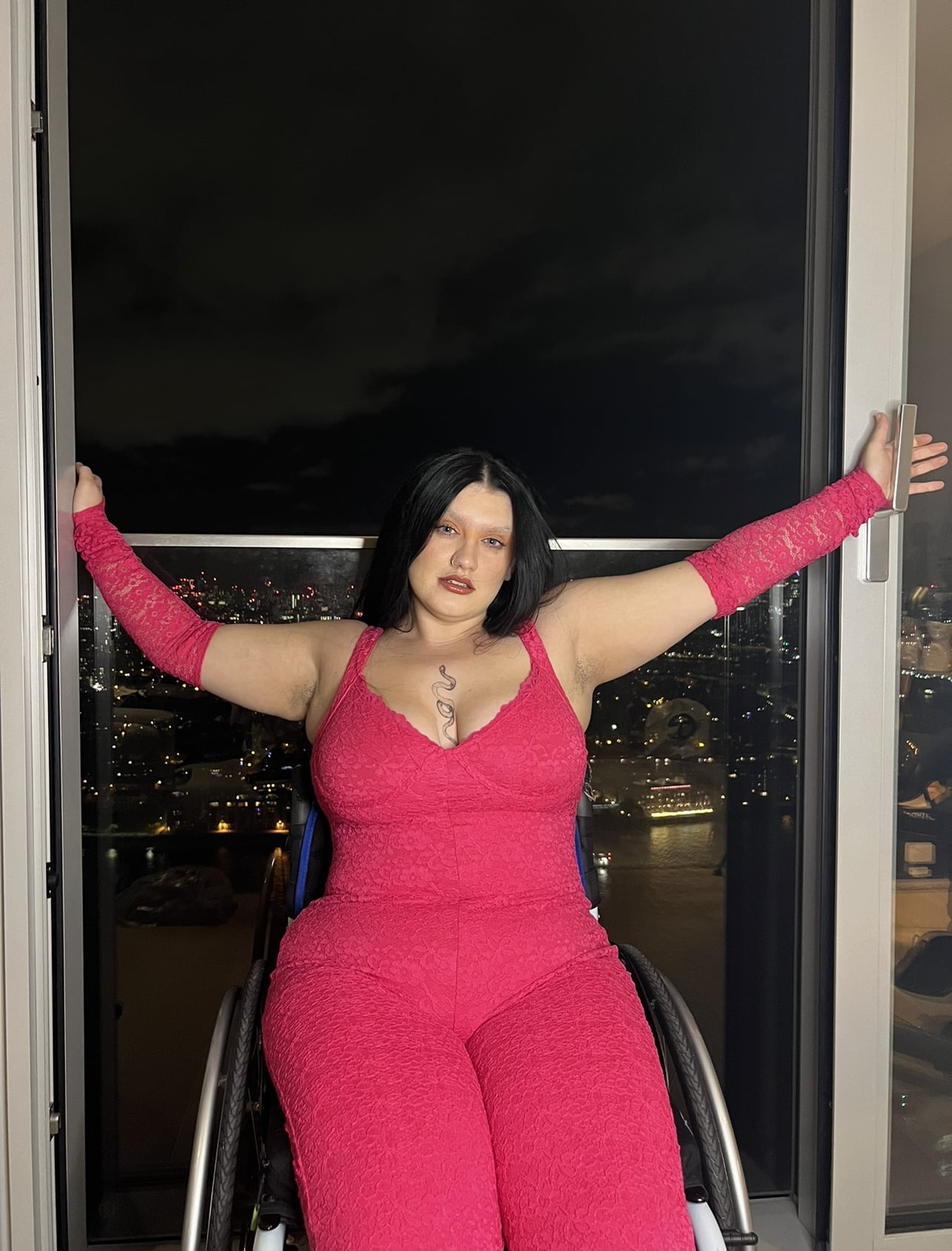
"I think the reasons behind why I do them are different," she says. "I think when I was at university, I would sometimes skip social gatherings when I was getting into the gym. I used to restrict myself a little bit and it used to be motivated because I wanted to look good." Her previous training routine often meant that she would pass on opportunities to socialise, in favour of sticking to her fitness plan. "Whereas now, I still go to the gym. But if someone's like, 'Hey, we're doing this thing, do you want to come?', that's also important. If you are really depriving yourself of those relationships and social interactions, that's not healthy either."
Inclusivity is undoubtedly Butler's main driver and something she continues to strive for. In late 2022, she launched "The Other Girl's Club", a community who meet via various pop-up events across the UK to discuss pop-culture-worthy moments (hello, Taylor Swift lyric theories!) – and everyone is welcome. Men, women, transgender, those with and without disabilities are all invited to join the party. "I wanted to create a space where disabled people and non-disabled people could come together," she says.
Recently, Butler's group took part in an inter-abled dance class in London, which allowed people of all fitness levels and physical abilities to feel the joy of movement and feel seen. "Dance is one of those things where we only really see able-bodied people do it, in most spaces anyway," she says. "It's not that disabled people actually are excluded from doing it, but not having that visibility of seeing a wheelchair user or someone with another disability do it, it almost makes you feel like it is not for you. In order for people to think you can have a fulfilling, joyful life as a disabled person, we need to see it."
Butler is continuing to fly the flag for positive representation, and the world is all the better for it.
